Category Archive for "2017"
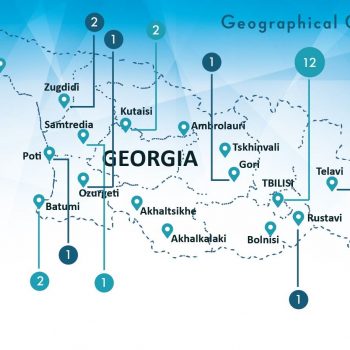
Closing Project: Tuberculosis Community Systems Strengthening in Georgia
The Curatio International Foundation has fulfilled a Tuberculosis Community Systems Strengthening (TBCSS) Project in Georgia, funded by the Stop TB partnership in the frame of Challenge Facility for Civil Society (CFCS) round 7 program. The goal for the project was to strengthen community response that is integrated and part of a comprehensive response to TB in Georgia.
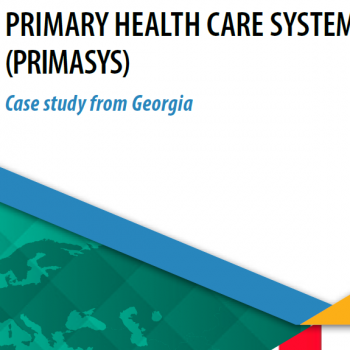
Primary Health Care Systems: Georgia case study
Curatio International Foundation publishes Georgia case study of primary health care system (PRIMASYS). The PRIMASYS case study covers key aspects of primary health care system, including policy development and implementation, financing, integration of primary health care into comprehensive health systems, scope, quality and coverage of care, governance and organization, and monitoring and evaluation of system performance.
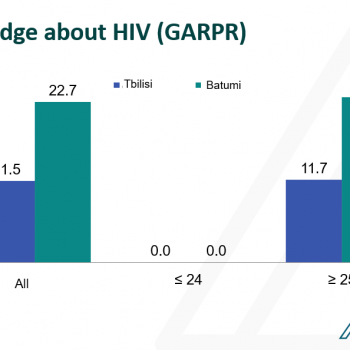
Integrated Bio-behavioral surveillance and population size estimation survey among Female Sex Workers in Tbilisi and Batumi, Georgia
This study represents the subsequent wave of BBS surveys undertaken among FSWs since 2002. The current study was conducted in 2017 using the Time-Location Sampling technique and 350 FSWs was recruited in total in two survey locations – 200 in Tbilisi and 150 – in Batumi.
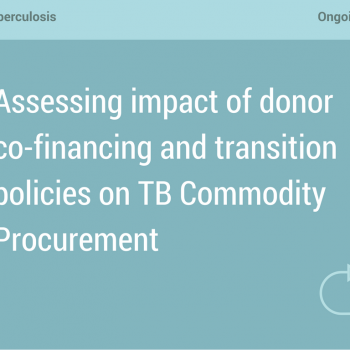
Assessing impact of donor co-financing and transition policies on TB Commodity Procurement
The assignment will last 10 months and aims to assess positive and negative implications of The Global Fund’s (TGF) Sustainability, Transition and Co-Financing Policy (STCP) that may have on TB commodity procurement practices on a country level in EECA region.
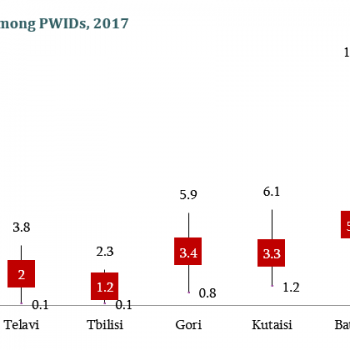
The Interview on population size and Human Immunodeficiency Virus risk behaviors of People who Inject Drugs in Georgia
The interview is based on the latest wave of the integrated Bio- behavioral surveillance survey conducted People Who Inject drugs (PWID) in 7 cities of Georgia. The research aims to mesure the prevalence of Human Immunodeficiency Virus (HIV) and Hepatitis C virus (HCV) among PWID, define key risk behaviors related to HIV and generate evidence for advocacy and policy development.
Population Size Estimation of People who Inject Drugs in Georgia 2016-2017
This study estimated the size of People Who Inject Drugs using different estimation methods to provide the most plausible estimates. The study was carried out in conjunction with the Bio Behavioral Surveillance Survey among injecting drug users.
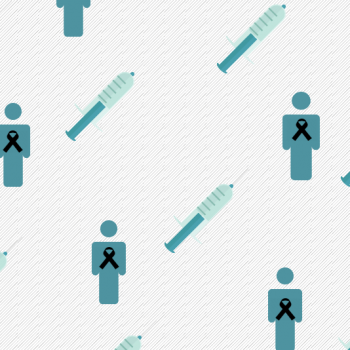
HIV risk and prevention behaviors among People Who Inject Drugs in seven cities of Georgia, 2017
Current study represents the latest 7th wave of Bio-Behavioral Surveillance Surveys among People Who Inject Drugs. Objective of the study was to measure prevalence of HIV and Hepatitis C among PWID, provide measurements of key risk behaviors and generate evidence for advocacy and policy-making.
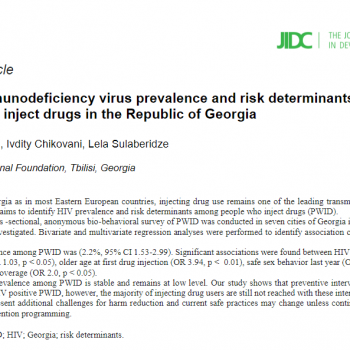
Article: Human immunodeficiency virus prevalence and risk determinants among people who inject drugs in the Republic of Georgia
Significant associations were found between HIV positivity and history of drug injection, older age at first drug injection, safe sex behavior last year and preventive program coverage. HIV prevalence among PWID is stable and remains at low level.
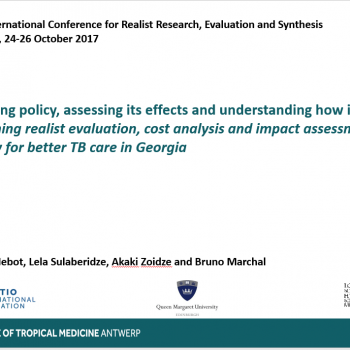
Conference paper about realist evaluation: Informing policy, assessing its effects and understanding how it works for improved Tuberculosis management in Georgia
At the conference research team introduced insights of using Realist Evaluation to not only elicit the Programme Theory of the policy-makers and implementers, but also of the researchers.
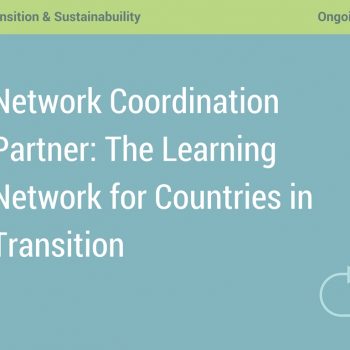
Network Coordination Partner: The Learning Network for Countries in Transition
CIF will support R4D in conducting scoping literature review and interviews with partner organizations and country stakeholders to a) better understand current country processes, b) identify other country experiences regionally/ globally that would provide good learning opportunities; c) explore existing approaches, tools, and resources on identified technical topics; d) refine identified topics through understanding of country demand, experiences, and gaps in knowledge. This will be essential to better recognize what guidance and/or tools would be useful in addressing gaps. It is critical to ensure that the way of possible engagement is of interest and importance for most of the participant countries, and can lead to fruitful exchanges and products.
